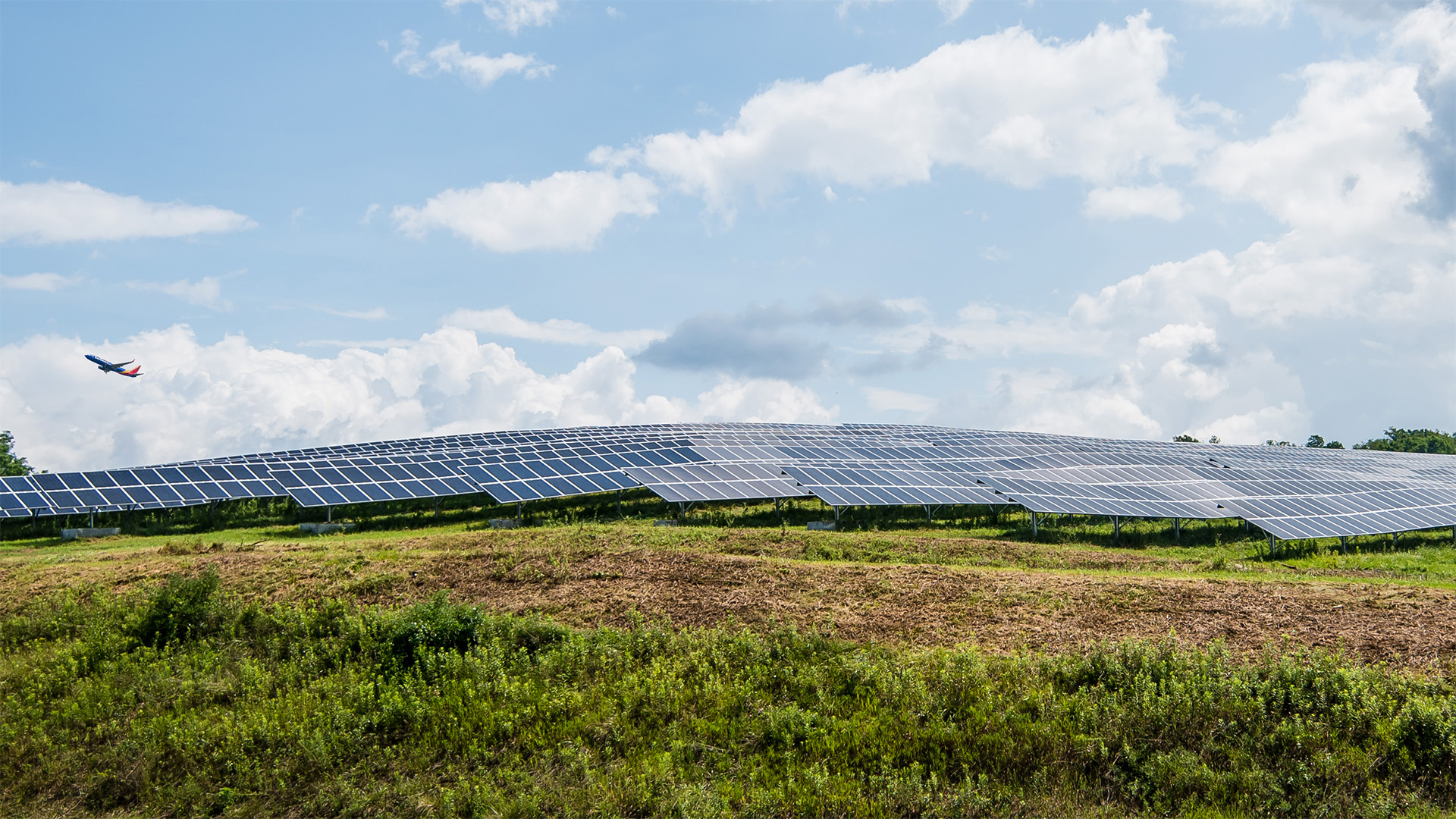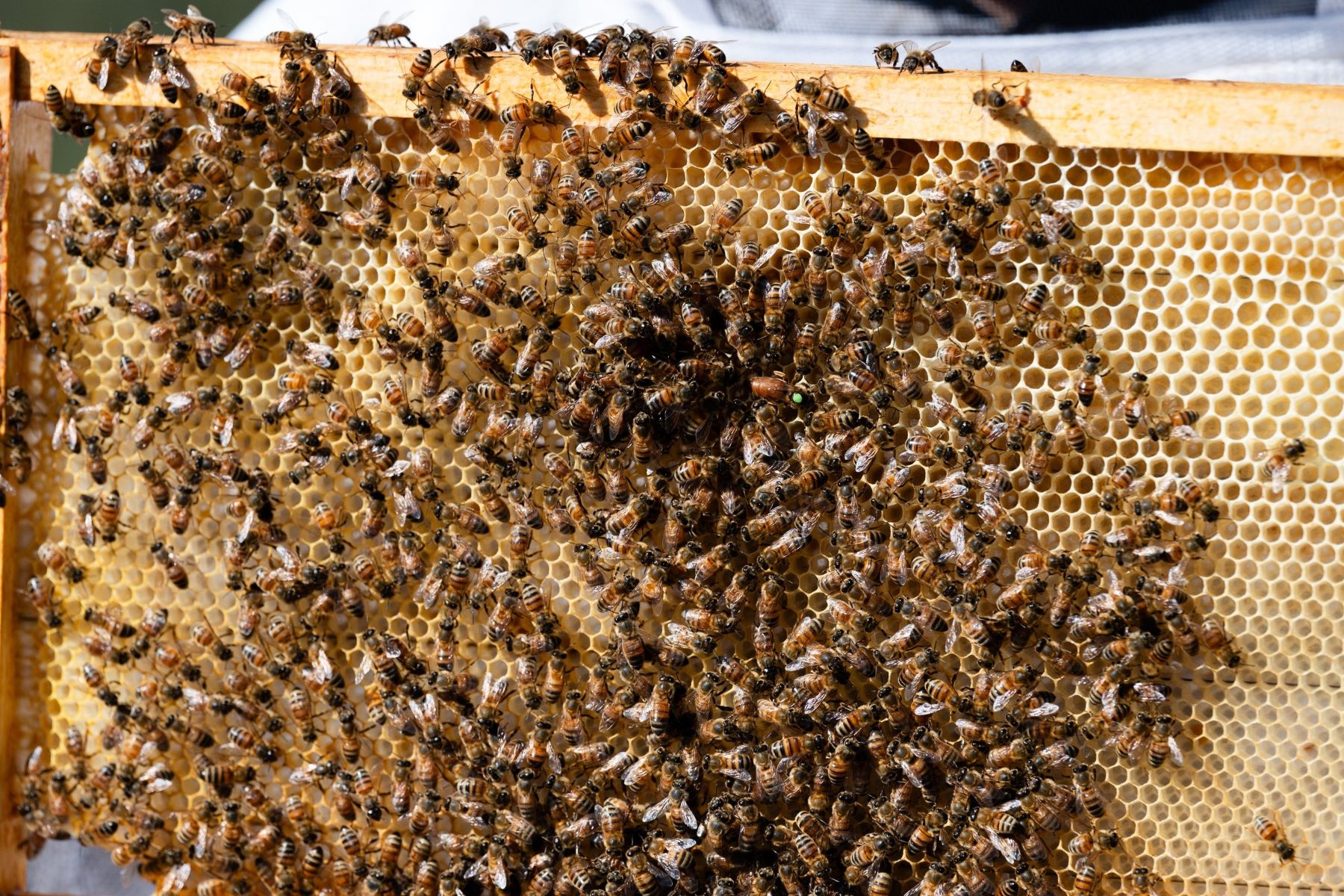Environmental
The Transformed PIT

Sustainability
The ACAA team is currently working on a variety of sustainability initiatives to reduce environmental impacts and promote resource efficiency. The ACAA developed an Environmental, Social and Governance (ESG) strategy that was documented in its first ESG Report released in 2023. The ESG Report captures the ACAA’s oversight of ESG issues, goals and major initiatives, such as develop net-zero new buildings by 2030, and achieve a 50% reduction in energy use intensity for existing buildings by 2030.
The 2030 Challenge was created by Architecture 2030 to reduce and reach net zero carbon emissions in buildings. The ACAA was the first airport sponsor in North America to commit to the 2030 Challenge as a Pittsburgh District Affiliate, pledging to reduce building energy consumption, water use and transportation emissions.
The ACAA has entered both PIT and AGC into the Airport Carbon Accreditation Program, which serves as the only global, aviation-dedicated carbon management and reporting program. It independently assesses and recognizes the performance of airports working to manage and reduce their carbon emissions through increasing levels of certification.

Inspired by innovation, we are continuously seeking ways to shape a more responsible future. Through PIT’s water bottle filling stations, we saved over 2 million water bottles from 2021-2024, with nearly 1 million of those in 2024 alone. Beverage disposal stations are also available near security checkpoints, allowing passengers to dump their unfinished drinks prior to the screening process to keep or recycle their bottle.
Microgrid
In accordance with the National Environmental Policy Act (NEPA) of 1969 and FAA Order 5050.4B, Implementing Instructions for Airport Actions, the Allegheny County Airport Authority (ACAA) is publishing a notice of availability (NOA) of the FONSI and Final Supplemental EA for the PV Solar Array Microgrid Phase 2 Expansion Project.

Water Systems
The ACAA Environmental team also manages PIT’s drinking water program, monitoring, testing and enforcing standards to meet regulatory and health requirements to keep water clean.

Community Support
Members of the Airport Authority team participate in community service activities throughout the year, including:
Cleanup and beautification projects to support the Montour Trail, a 60-plus mile recreational trail in Pittsburgh
Partnerships with the Montour Run Watershed Association to improve the water quality of local streams

Participation in the annual “Plant a Tree at Flight 93” volunteer event at the National Memorial site in Shanksville, PA
Volunteer efforts supporting the Greater Pittsburgh Community Food Bank
Honeybees

Compliance
